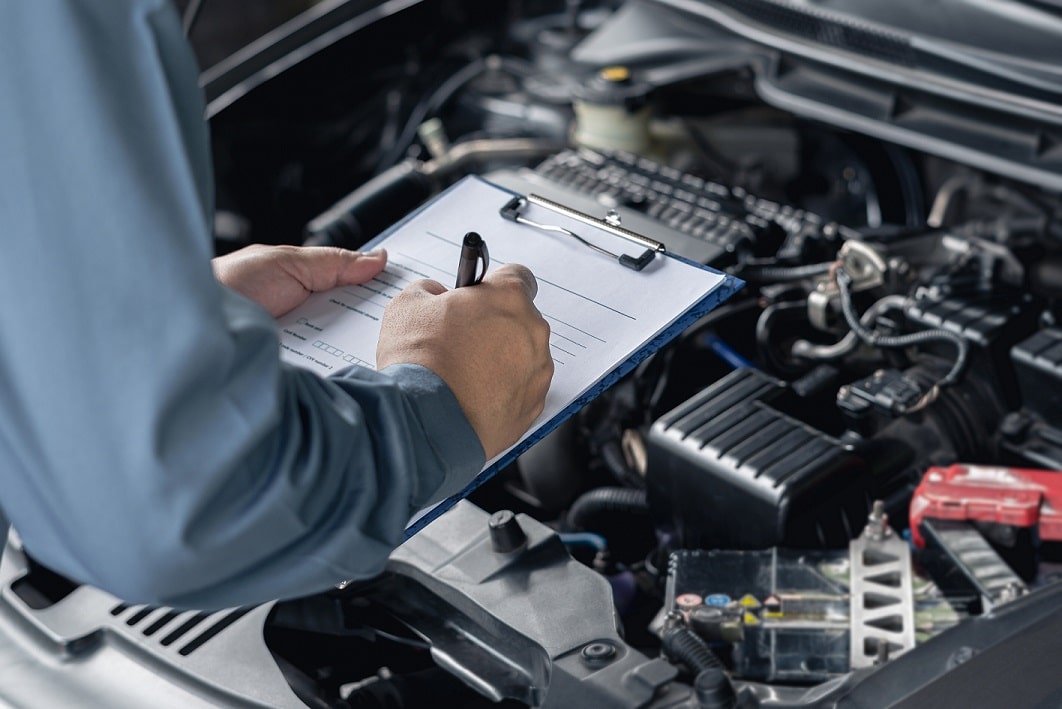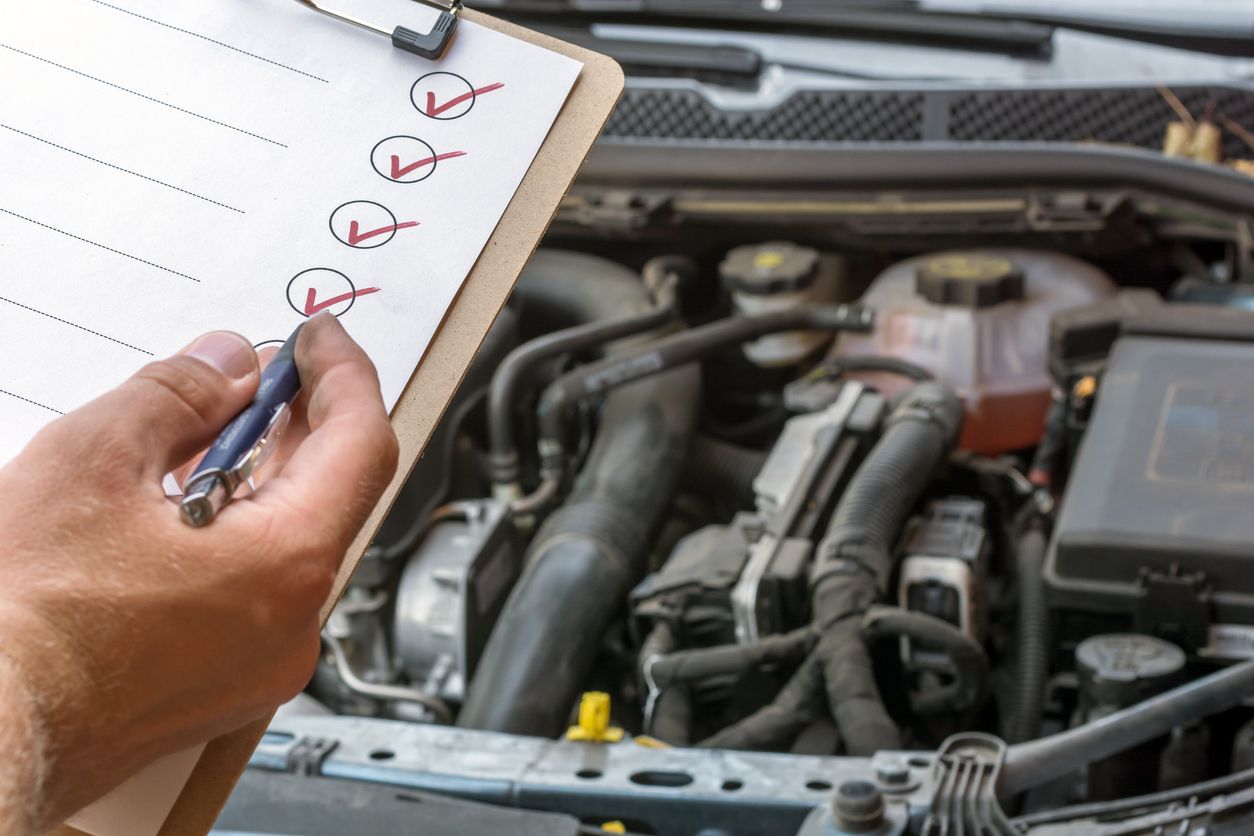All Categories
Featured
Routine tire rotations are a crucial yet frequently forgotten aspect of vehicle maintenance. This basic procedure, which entails changing the placement of your tires, aids keep even wear across all four tires, inevitably enhancing your car's efficiency and durability. Allow's discover the importance of tire turnings and the concrete advantages they offer.
What Is a Tire Rotation?
![]()
Tire turning includes moving the tires to various positions on your vehicle. The front tires may be switched with the rear ones, or they may be gone across from one side of the lorry to the other. The rotation pattern relies on factors like your car's drivetrain (front-wheel drive, rear-wheel drive, or all-wheel drive) and the type of tires you use.
Why Are Regular Tire Turnings Vital?
Tire rotations make sure that all tires wear down uniformly. Unequal tire wear takes place normally due to the fact that various tires experience differing levels of anxiety based on their position. For instance:
Front tires on front-wheel-drive automobiles take care of more jobs like steering, braking, and velocity, creating them to put on much faster.
Rear tires on rear-wheel-drive cars birth similar worries, resulting in uneven wear patterns if left uncontrolled.
![]()
Without routine rotations, some tires may break prematurely, demanding substitute faster than anticipated.
Benefits of Normal Tire Turnings
Improved Efficiency and Handling. Even tire wear helps preserve well balanced grip across all four tires. This balance is crucial for ideal lorry handling, particularly in difficult driving conditions such as rainfall or snow.
Extended Tire Life-span. Routine turnings disperse wear more uniformly, decreasing the requirement for regular replacements and saving you cash over time.
![]()
Better Fuel Effectiveness. Erratically worn tires can boost rolling resistance, forcing your engine to work tougher and eat even more gas. Effectively rotated tires make certain smoother experiences and far better gas economy.
Safety and security. Used tires compromise grip and braking efficiency, enhancing the threat of accidents. Rotating your tires regularly maintains constant tread depth and makes certain a safer driving experience.
Just How Typically Should You Rotate Your Tires?
Most specialists recommend rotating your tires every 5,000 to 7,500 miles, but this can differ based upon your car's supplier standards. It's a great practice to integrate tire rotations with regular services like oil modifications for ease.
Indications You Required a Tire Turning
Uneven tread endure your tires.
Recognizable vibration while driving.
Problem handling the automobile on wet or slippery roads.
Final Ideas
Routine tire rotations are a straightforward yet impactful maintenance task that boosts car efficiency, enhances security, and conserves you cash. By committing to this method, you'll take pleasure in a smoother driving experience and a much longer life expectancy for your tires. Consult your vehicle's guidebook or a trusted technician to ensure you're complying with the ideal rotation timetable and pattern for your auto.
What Is a Tire Rotation?

Tire turning includes moving the tires to various positions on your vehicle. The front tires may be switched with the rear ones, or they may be gone across from one side of the lorry to the other. The rotation pattern relies on factors like your car's drivetrain (front-wheel drive, rear-wheel drive, or all-wheel drive) and the type of tires you use.
Why Are Regular Tire Turnings Vital?
Tire rotations make sure that all tires wear down uniformly. Unequal tire wear takes place normally due to the fact that various tires experience differing levels of anxiety based on their position. For instance:
Front tires on front-wheel-drive automobiles take care of more jobs like steering, braking, and velocity, creating them to put on much faster.
Rear tires on rear-wheel-drive cars birth similar worries, resulting in uneven wear patterns if left uncontrolled.

Without routine rotations, some tires may break prematurely, demanding substitute faster than anticipated.
Benefits of Normal Tire Turnings
Improved Efficiency and Handling. Even tire wear helps preserve well balanced grip across all four tires. This balance is crucial for ideal lorry handling, particularly in difficult driving conditions such as rainfall or snow.
Extended Tire Life-span. Routine turnings disperse wear more uniformly, decreasing the requirement for regular replacements and saving you cash over time.

Better Fuel Effectiveness. Erratically worn tires can boost rolling resistance, forcing your engine to work tougher and eat even more gas. Effectively rotated tires make certain smoother experiences and far better gas economy.
Safety and security. Used tires compromise grip and braking efficiency, enhancing the threat of accidents. Rotating your tires regularly maintains constant tread depth and makes certain a safer driving experience.
Just How Typically Should You Rotate Your Tires?
Most specialists recommend rotating your tires every 5,000 to 7,500 miles, but this can differ based upon your car's supplier standards. It's a great practice to integrate tire rotations with regular services like oil modifications for ease.
Indications You Required a Tire Turning
Uneven tread endure your tires.
Recognizable vibration while driving.
Problem handling the automobile on wet or slippery roads.
Final Ideas
Routine tire rotations are a straightforward yet impactful maintenance task that boosts car efficiency, enhances security, and conserves you cash. By committing to this method, you'll take pleasure in a smoother driving experience and a much longer life expectancy for your tires. Consult your vehicle's guidebook or a trusted technician to ensure you're complying with the ideal rotation timetable and pattern for your auto.
Latest Posts
Explore Exclusive Auto Repair Deals in Chicago at Montclare Auto Repair
Published May 29, 25
1 min read
The Benefits of Consistent Vehicle Maintenance at Montclare Auto Repair Keeps Your Wallet Happy
Published May 28, 25
1 min read
Boost Your Residential Or Commercial Property with Overhead Door Systems
Published May 25, 25
1 min read
More
Latest Posts
Explore Exclusive Auto Repair Deals in Chicago at Montclare Auto Repair
Published May 29, 25
1 min read
The Benefits of Consistent Vehicle Maintenance at Montclare Auto Repair Keeps Your Wallet Happy
Published May 28, 25
1 min read
Boost Your Residential Or Commercial Property with Overhead Door Systems
Published May 25, 25
1 min read